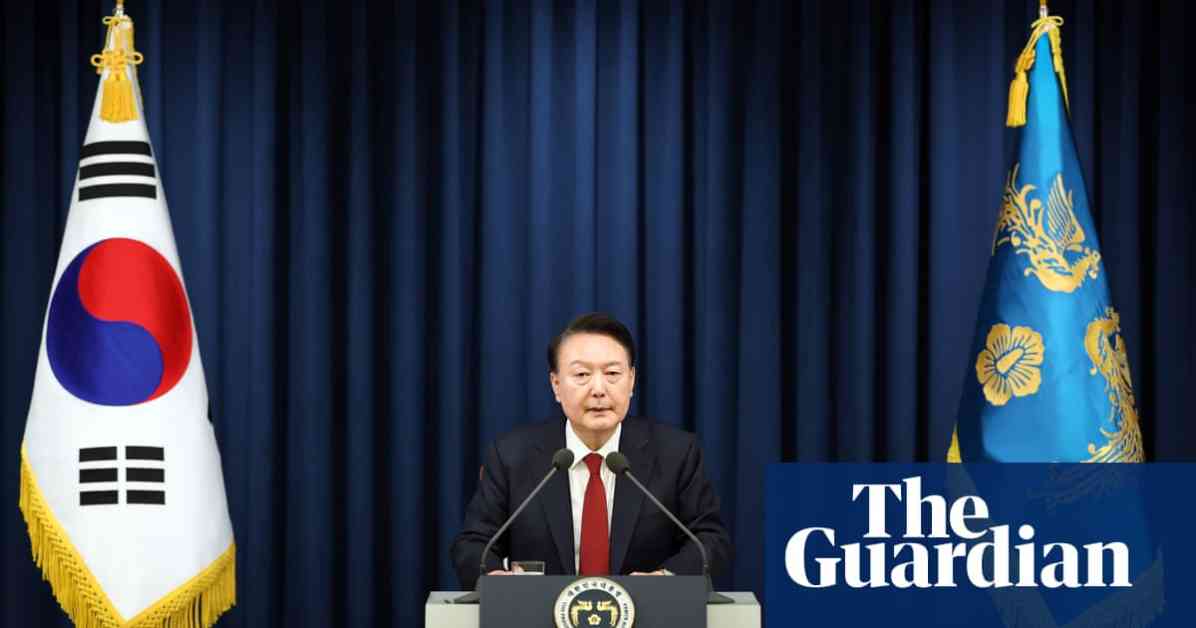South Korea’s President Lifts Martial Law Amid Unified Opposition: What It Means
South Korea’s President Yoon Suk Yeol has recently been in the spotlight after declaring martial law, only to face unanimous opposition from the national assembly. This unexpected move has been deemed the most serious challenge to the country’s democracy since the 1980s.
The Martial Law Declaration
President Yoon declared martial law late on Tuesday amidst a dispute with opposition parties, accusing them of pro-North Korean sympathies and anti-state activities. However, following intense hours of tension and resistance, Yoon announced that troops would return to their barracks, and the order would be lifted post a cabinet meeting.
Opposition and Reactions
The main opposition Democratic party labeled the president’s move as “essentially a coup d’état,” highlighting its illegality and violation of the country’s constitution. Legislators gathered in an emergency session of the National Assembly, while parliamentary aides attempted to prevent armed officers from entering the premises.
Public Outcry and Protests
Outside the national assembly building, hundreds of protesters gathered post Yoon’s announcement, cheering as the national assembly voted against his decree. Chants of “Abolish martial law” and “Oppose martial law” filled the air as the crowd voiced their dissent. Despite the military’s authority under martial law, South Korean society showed resistance by not complying.
Political Fallout and International Concern
Yoon’s administration has faced criticism for dismissing calls for independent investigations into various scandals, further intensifying political tensions. The US expressed “grave concern” over the events, urging peaceful resolution within the confines of the rule of law. Yoon’s move to declare martial law without citing a specific external threat but focusing on internal political opponents has raised eyebrows both domestically and internationally.
The Aftermath and Future Implications
The declaration of martial law has not only sparked immediate opposition and protests but also raised questions about the state of democracy in South Korea. The unexpected nature of Yoon’s decision and the public’s swift reaction underline the fragility of the political situation.
In this critical juncture, South Korea stands at a crossroads, balancing between upholding democratic principles and ensuring stability. As the nation navigates through this tumultuous period, the eyes of the world remain fixed on the unfolding events and their implications for the future of South Korea’s democracy.












